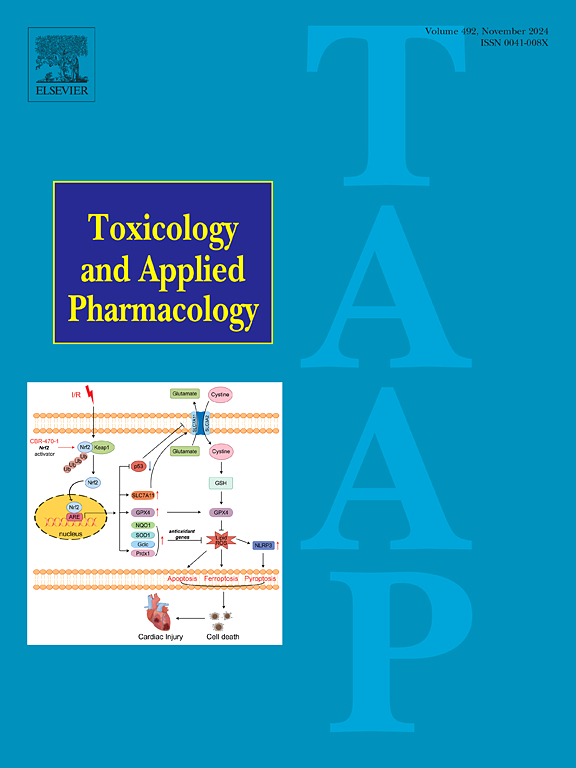Curcumin ameliorates astrocyte inflammation through AXL in cuprizone-induced mice
Wenjing Zhang, Mengjiao Sun, Manxia Wang
Abstract
Curcumin has gained global attention owning to its anti-inflammatory, antioxidant, anticancer, and antimicrobial activities. Curcumin has recently been shown to have well-documented effects on neuroinflammation in multiple sclerosis (MS). Astrocytes, the most widely distributed glial cells in the brain, have a significant influence on the regulation of neuroinflammation in MS. However, it is unknown how curcumin exerts neuroprotective effects in astrocytes. To elucidate the mechanism underlying the effects of curcumin on astrocytes, we explored the effect of curcumin on cuprizone (CPZ)-induced mice in vivo and on primary astrocytes in vitro. In this study, we observed that curcumin significantly ameliorated myelin loss and reduced astrocyte activation in the corpus callosum (CC) region in mice induced with CPZ, and in primary astrocytes stimulated with lipopolysaccharide (LPS). Meanwhile, our research indicated that curcumin may exert neuroprotective effects in CPZ-induced mice by downregulating astrocyte-mediated inflammation by AXL. This study provides new insights into possible targeted therapies for MS.





